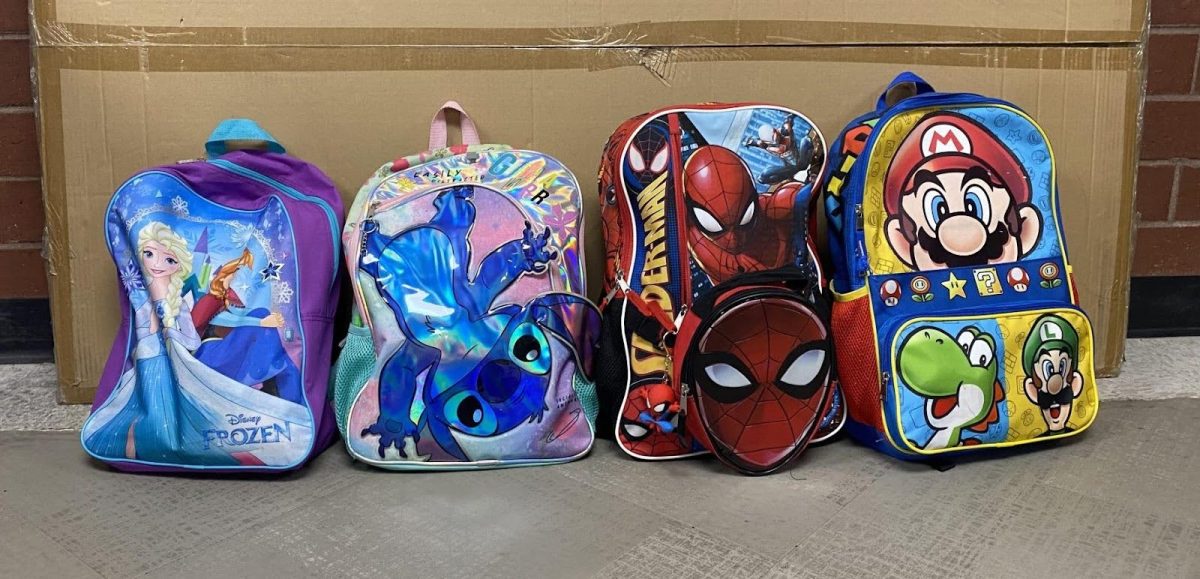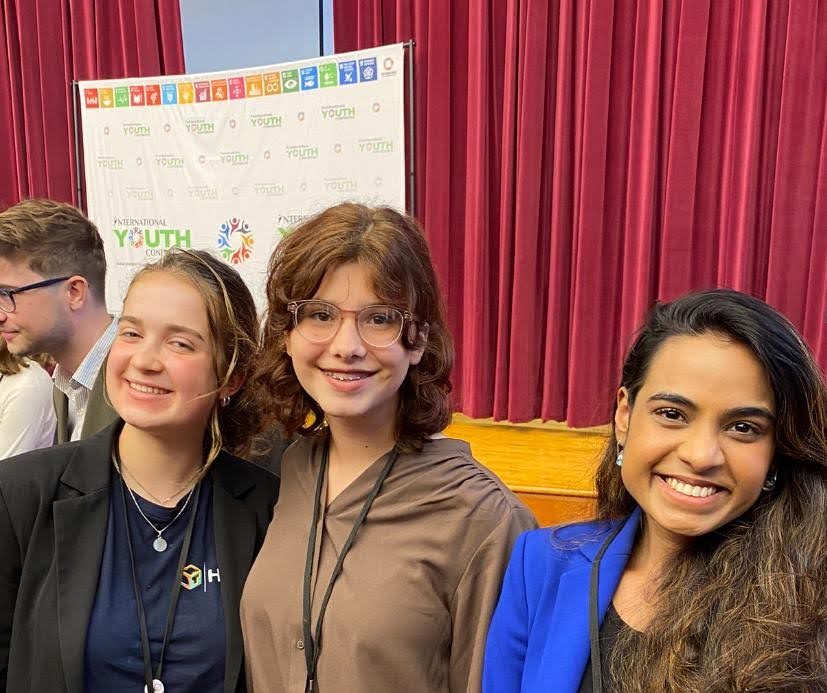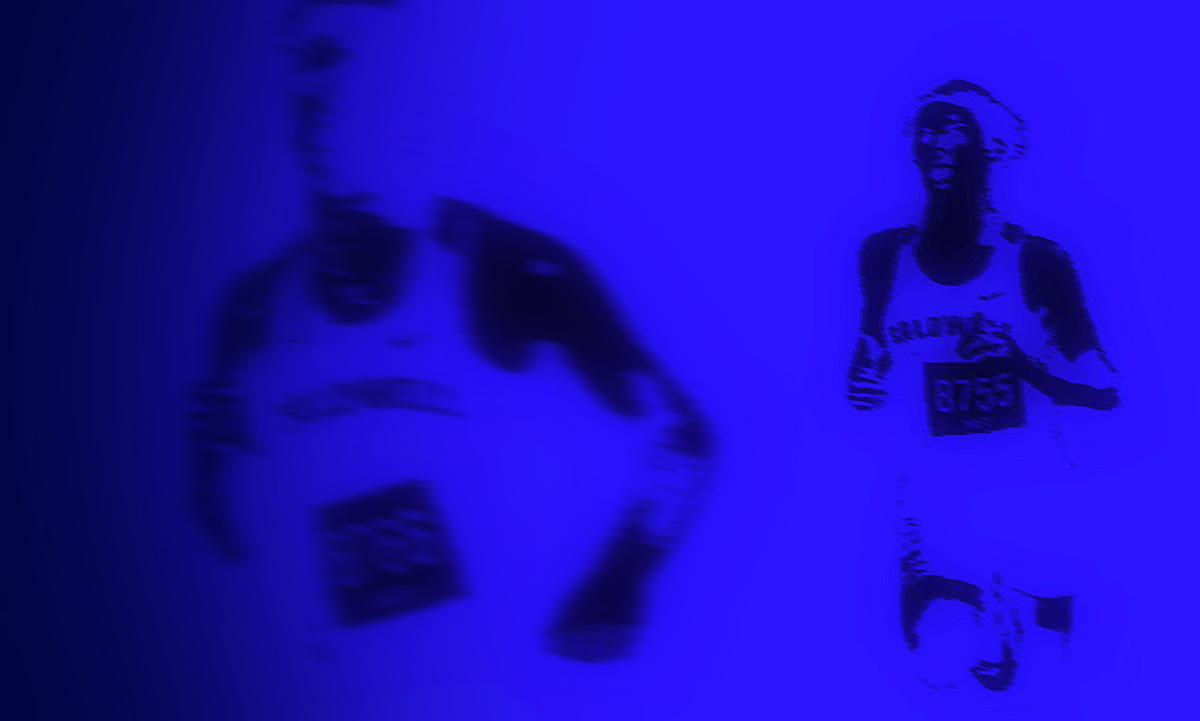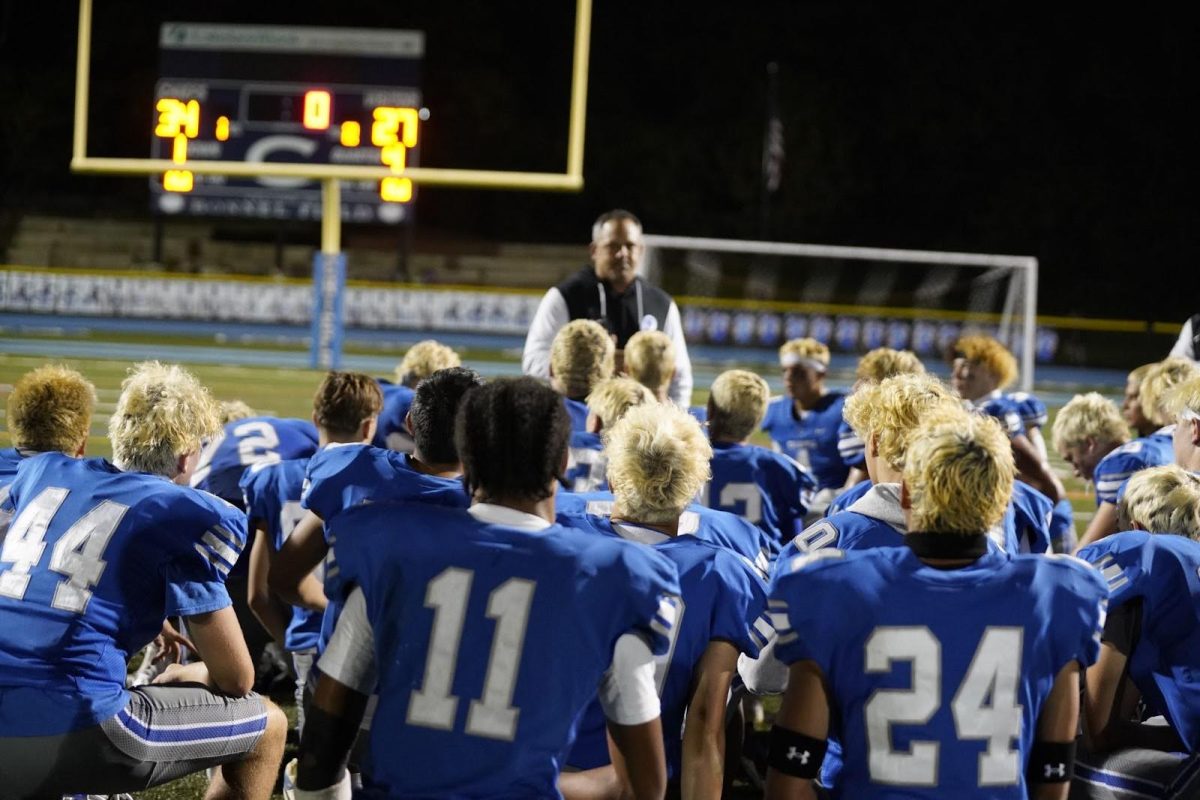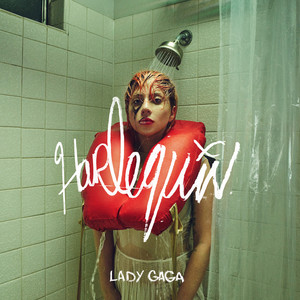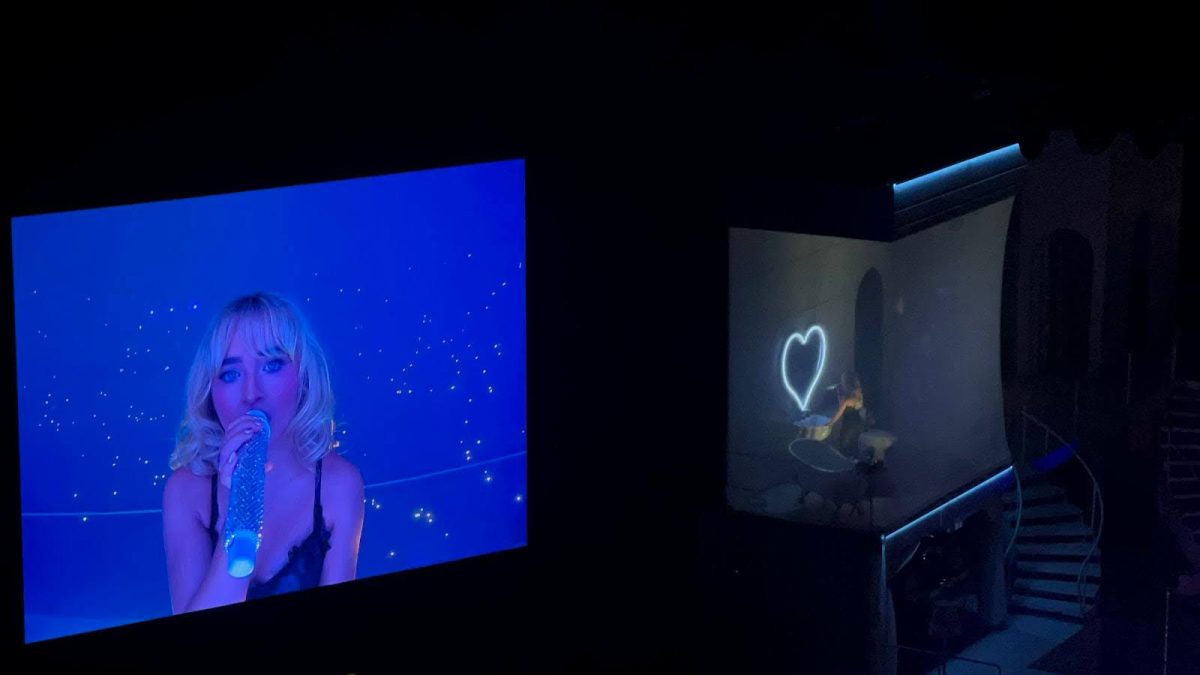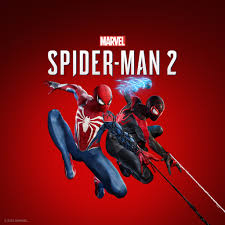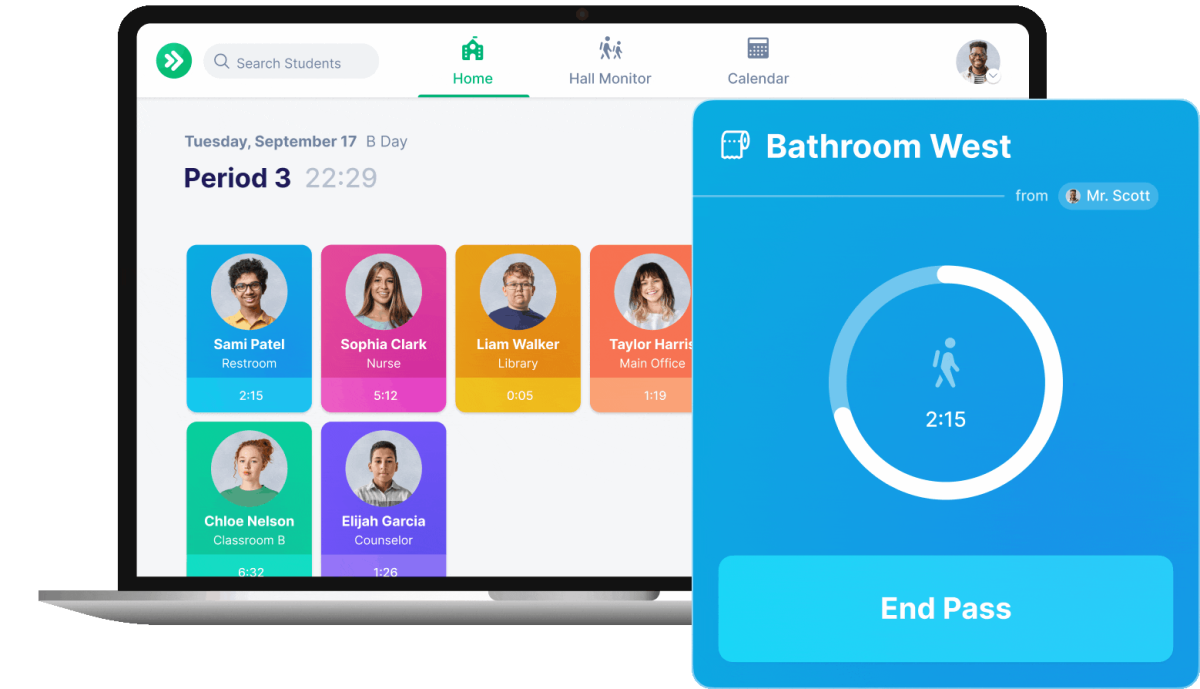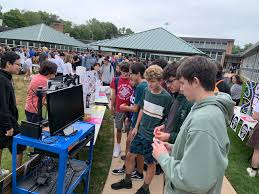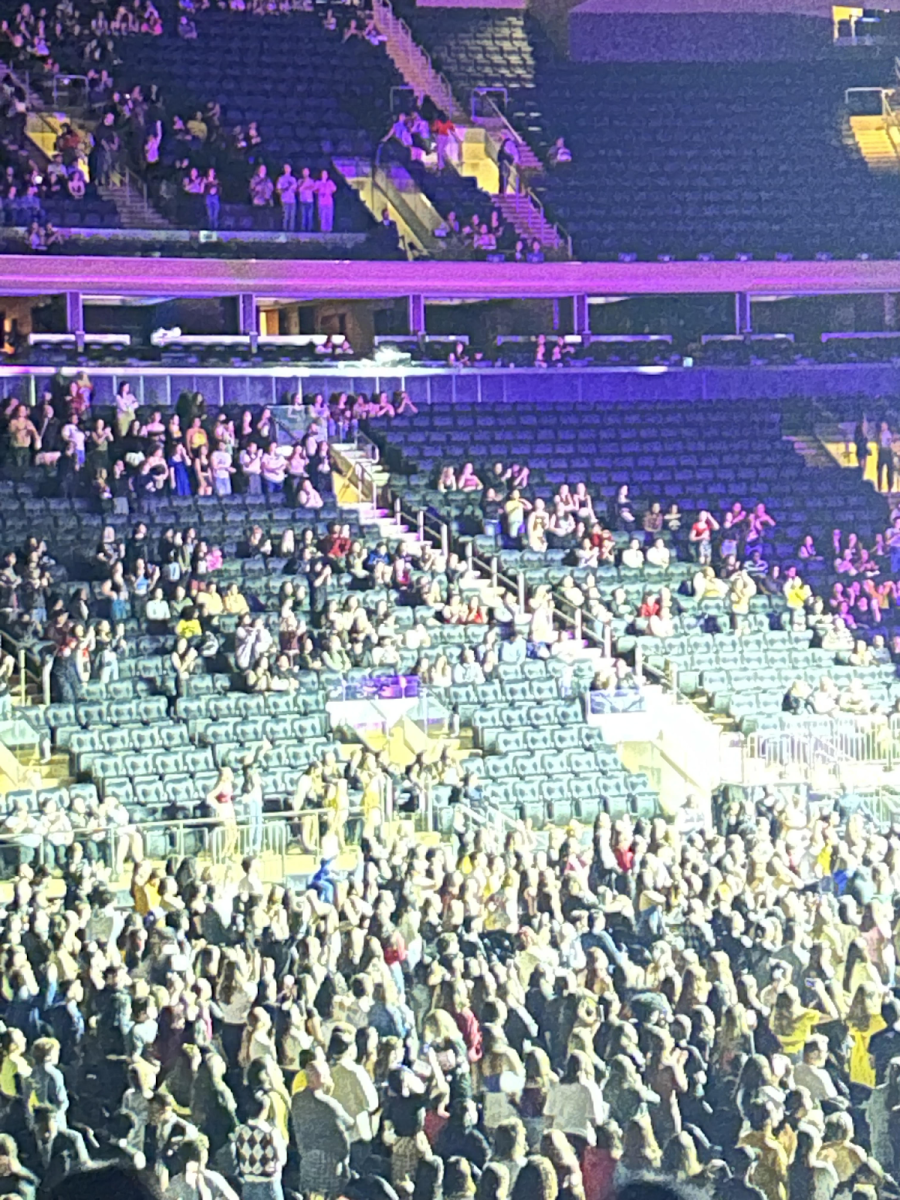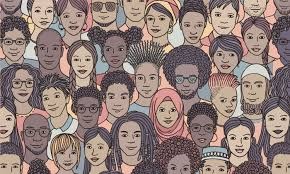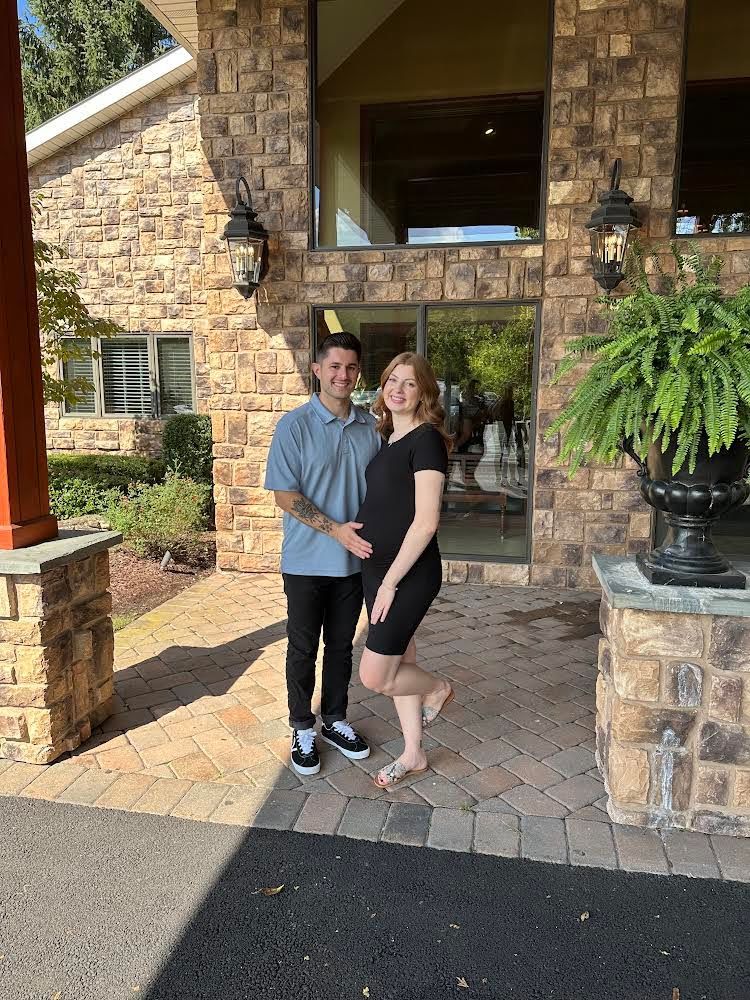The BIPOC Student Union–started by senior Jackie Li and advised by Mrs. Cunningham– is a club meant to encourage amicable discussions surrounding race issues and a means to spread awareness of the struggles and experiences of people of color. BIPOC is a fairly new term, meaning Black, Indigenous, People of Color, coined by Millenials and Gen Z via social media after the George Floyd protests last May. This new, all-encompassing term is meant to acknowledge the severity of injustice Black and Indigenous people face, noting that not all minorities face equal levels of discrimination.

While BIPOC Student Union began in January 2021, it has been in the works since George Floyd’s murder, following the waves of discussion via students and social media. “When George Floyd was murdered by the police, Caldwell sort of took two sides. One side was the ‘don’t bring this stuff into our town’ and the other half of Caldwell was outraged” Jackie said. Jackie was the latter, and the contention resulting from his murder made her think about “how we all chose to feel about [it] but never chose to talk about how it affected people who felt harmed or hurt by it. We never took time to talk about how they felt. It was sort of just two sides screaming at each other and we never took the time to take care of our students of color”.
According to Jackie, the initial idea behind making the BIPOC student union was for students of color to discuss how they feel. “Mrs Cunningham and I were talking about it, and Mrs. Cunningham was like ‘that feels too much like a therapy group’ … But how do we incorporate students’ of color’s feelings without making it a therapy group– the answer was through discussion”.
However, feelings still hold an important place in BIPOC Student Union meetings. “Emotionally and psychologically, it can be healthy and validating to speak about [race] issues out loud, or hear other people’s stories spoken out loud. And this requires willingness, courage and safety. In my view, these conversations benefit everyone in the community [and] foster inclusivity” Mrs Cunningham said. Elaborating on the purpose of the club, Jackie said “I need it to be a safe place… where students of color can come forward about their experiences. They just get a space to share how they feel”.
Another source of inspiration for the club was, ironically, socratic seminars. Jackie thought about “how nice it would be if you knew that everyone in the room in a socratic seminar supported you.” While socratic seminars can be beneficial for sharing opinions, they sometimes involve conversations of race which can sometimes create tension amongst students. “If you say that this thing felt racist, you get backlash [like] ‘I don’t think it’s racist and I don’t think it should hurt you… you see it all the time.” Students of color can also become the recipients of various racial stereotypes and myths that are perpetuated unconsciously and/or consciously, upon them.
“Students who are minorities often absorb other people’s projections and ideas about them without even realizing it” Mrs. Cunningham explained, whether they are visibly POC, mixed, or white passing. “The teenage years are about understanding and forming your own identity… For [BIPOC} students…- or raised in a bi-cultural family – this can pose specific types of challenges. We all have bias and preconceptions about people based upon appearances”.
Another major reason Jackie created the BIPOC Student Union was because she felt unsupported when it came to conversations about her own race. She brought up GSA and praised its members for creating a safe space for LGBTQ+ individuals, wishing there had been a similarly inclusive space for POC students. “It’s always made me sad that I never felt I had that related to my ethnicity…If you are a gay student, then you know you can go to GSA and feel comfortable and welcomed. But if you’re a student of color, I was thinking ‘where would I go?’”.
When asked about her identity as a Chinese American in the age of COVID and her view on the importance of discussions surrounding racial discrimination, Jackie stated “considering the way that COVID has impacted small businesses, especially Chinese businesses, now is not a time to talk over people of color and instead a time to listen.” She has pushed back against racist misinformation about how the virus began, the purposeful avoidance of Chinese restaurants by some, and the danger of COVID unity slogans.
“[When] you start to gloss over these things under the guise of ‘we’re all in this together, we’re all united as a nation right now’, it trivializes and minimizes the struggles of POC, especially those who are marginally more affected by COVID….Instead of acknowledging this one specific problem that hurts communities of color, we say “we’re all in this COVID thing together!’ and it harms communities of color, no matter how unintentional”
Adding on to Jackie’s statements, Mrs. Cunningham believes that having a space for students of color to come together and support each other is extremely beneficial. “When students who share certain commonalities, such as being a racial/ethnic minority…can come together and share their experiences, it is validating…The better we feel about ourselves, the more able we are to enter into difficult conversations about discrimination or bias in a way that is compassionate – towards ourselves, first, and then others”.
The club is also beneficial from a non-POC standpoint, and welcomes people regardless of race or ethnicity. Having a place for open discussions surrounding race is even more important right now, as COVID has exacerbated pre-existent racial tensions in our nation and isolated us from one another. “I think that we are still learning how to talk about race in the United States,” Mrs Cunningham explained. “It’s especially hard for White people to talk about race because many of us were raised to embrace ‘color-blindness’ as a positive value. If you take that away – which is essential for many students who are racial/ethnic minorities – a lot of us need help”. Rea, a member of the Union and a senior, said “hearing the stories of the BIPOC Student Union’s members made me more inclined to be a better listener,” showcasing how creating a space for people to openly share their stories increases student engagement, empathy and awareness.
The BIPOC Student Union even has a playlist, made by Rea Hyseni. The playlist includes songs from Rina Sawayama, Tyler the Creator, Doja Cat and many more influential BIPOC in the music industry and can be found on Spotify under the title “bipoc music central” by “balletagb.”
“I wanted to share my personal favorites of music from BIPOC artists that have stood out to me and for other people to contribute to create a chain of sharing music for the purpose of discovering new artists we haven’t heard of before and broadening our music taste to be more open and global” she said. The playlist is collaborative, so members can add songs from BIPOC artists for others to discover, listen to, and enjoy.
In terms of musical preference, she thinks “it’s a shame that certain people refuse to expand their interests and taste beyond what they already know. If everyone did this, the history of many cultures would be long forgotten about, and there would be no connection between people acting on their interests together.” Representation and music are things that Rea is passionate about and believes are powerful for BIPOC expression.
“In music, there is a lot of room for someone to be expressive and discuss personal stories outwardly or cryptically, and that’s what is so amazing about it. You get to decide how much of your story and experiences you want to share to the world based on the way you word things, and being able to have a voice through music that people genuinely listen to is a very empowering feeling and quite necessary for BIPOC,” she said. Elaborating on the deeply personal nature of music, Rea added “What we listen to is still an expression of ourselves, and I encourage people to try to express themselves more like BIPOC artists”.

According to Jackie, “Most of the topics of discussion are generated by discussions we have at the club meetings”. While she hopes to discuss the insurrection at the Capitol on January 6th, she is open to wherever the discussion goes, whether it relates to current events or news that affect communities of color, feeling that imposing a pre-selected topic would defeat the purpose of discussion. The club is student led, so the students bounce off each others’ ideas and discussion points.
Thankfully, the BIPOC Student Union has not faced any backlash, and the administration and Board of Education were supportive of it, which Jackie and Mrs. Cunningham appreciated. Jackie explained that the process of getting the club started happened through emails and wasn’t very visible to begin with, which is why she thinks the Union was able to avoid it. “I don’t imagine it would get backlash, but if it did I would just want people to know that the club is not meant to be exclusive at all. I want it to be the most inclusive space it possibly can,” she said.
While there have only been two meetings so far, the Union’s existence alone is a major step in the right direction of creating better support and inclusion of BIPOC at JCHS. As Mrs. Cunningham put it “just starting conversations and encouraging perspective-sharing can have a big ripple effect in a school.” There is no denying the importance of the BIPOC Student Union and its positive impacts to come.
*For more information about BIPOC Student Union, you can visit jchsbipocsu.carrd.co*
Sources:
https://www.cbsnews.com/news/bipoc-meaning-where-does-it-come-from-2020-04-02/

